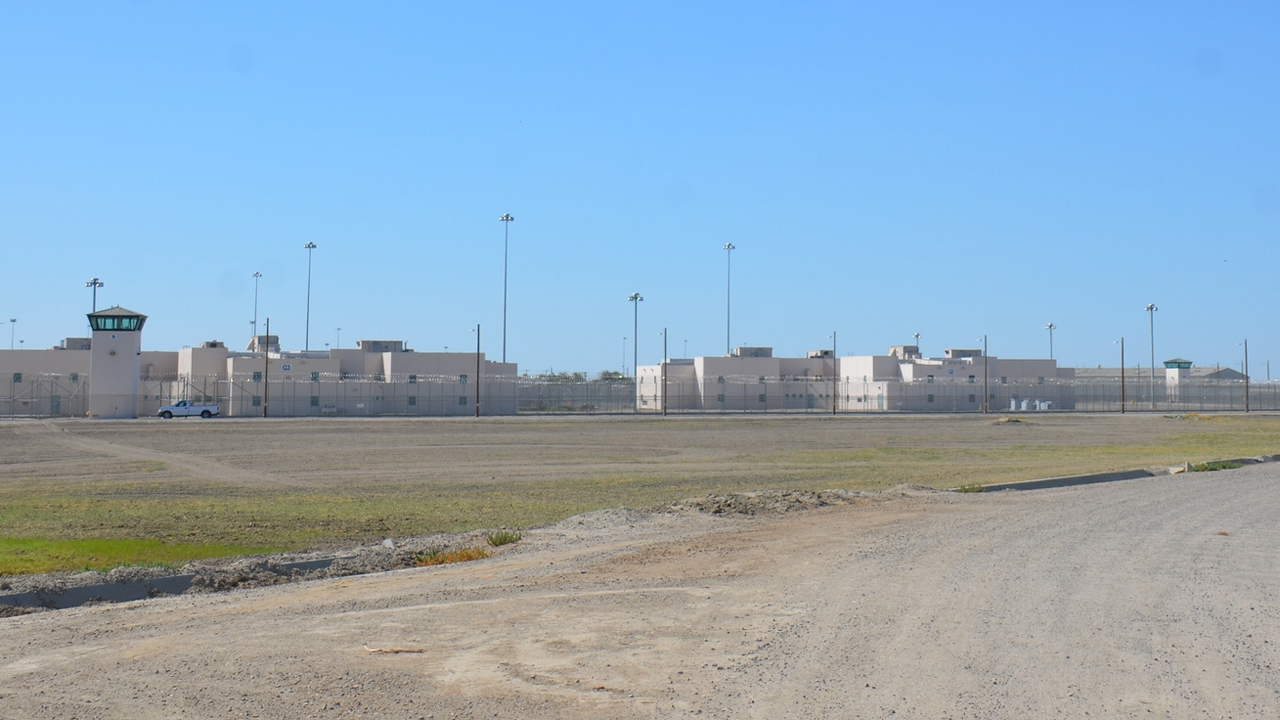Hundreds, possibly thousands of inmates in California’s prisons are in their third week of a hunger strike. They are protesting the “cruel and unusual punishment” practice of solitary confinement and the ways in which prisoners are placed solitary confinement, often based on flimsy reasoning and evidence.
In solitary confinement, prisoners remain completely alone in tiny, windowless rooms, allowed only one hour a day to leave their cells for exercise. The American Civil Liberties Union has called solitary confinement a violations of human rights.
In wake of the ongoing protest, Correction Secretary Matthew Cater says that he is seeking a court order to force-feed hunger striking inmates, claiming it needs to be done to protect the health of the inmates. Cater also seems to disagree with the reasoning behind the protest: “I’m looking at the disciplinary history of one of the leaders of this hunger strike … [He] has – one, two, three, four, five – has stabbed five inmates on separate occasions, has been found in possession of a weapon one, two, three, four, five, six, seven, eight times and has assaulted staff on three different occasions,” Carter told reporters. He says that the protestors need to be placed under solitary confinement for their own protection.
William Blake, a man who has spent over 26 years in living in solitary confinement, wrote an essay describing this “protection,” stating that he would rather be dead than continue to endure it.
Can Carter obtain a court order to force-feed inmates? It seems likely that he can. California is one of three states that bans prison physicians from force-feeding inmates who refuse to eat, but there is an exception to this rule if not intervening might cause chaos to occur at a prison.
Some insight into this question might be found in the case of the force feeding of inmates currently occurring in Guantanamo Bay to quell hunger strikes. While what occurs in Guantanamo Bay is subject to all sorts of legal fuckery that doesn’t apply to legal matters here, a U.S. judge has stated that there is “nothing so shocking or inhumane in the [force feeding] treatment” that the hunger striking inmates received there. Dr Jacob Appel stated that, “It’s a little bit of bad press if you force-feed inmates… It’s a lot of bad press if you have a lot of protesting inmates and one of them dies.”
(Image: Corcoran State Prison)



